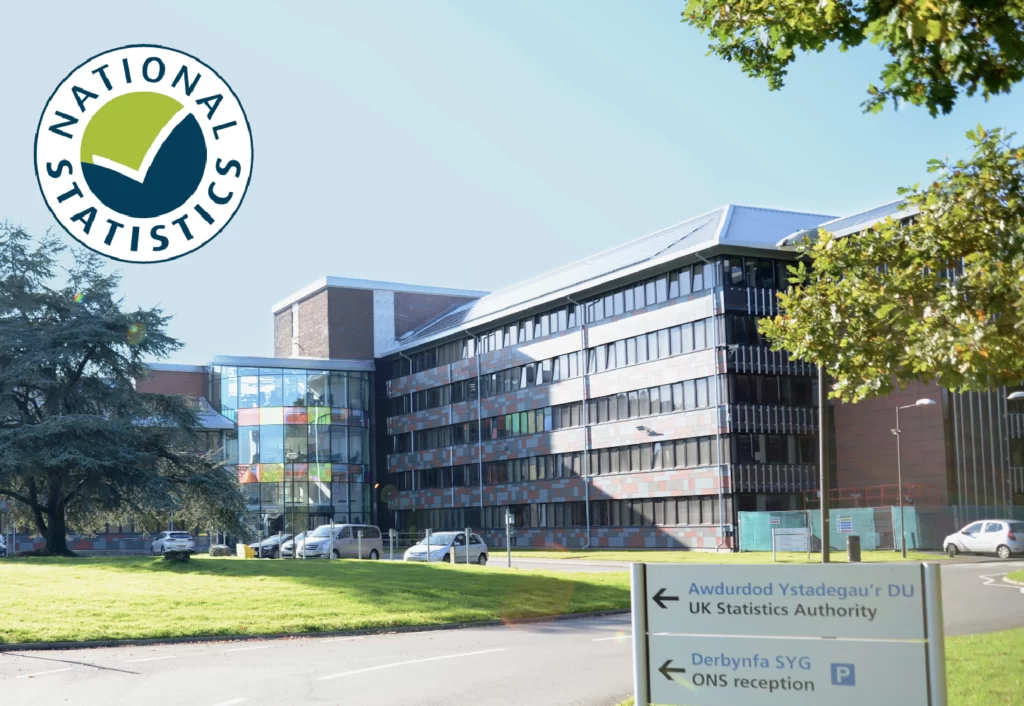Britain’s manufacturing sector has taken a significant hit as President Donald Trump’s global tariff regime caused a sharp decline in export demand, marking the fastest drop in five years. Export orders slumped in April, adding further strain to a sector already grappling with ongoing economic uncertainty.
Factories across the UK reported escalating trade and economic pressures, prompting a sixth straight month of job cuts. The fallout from tariffs that recently came into effect, alongside the looming threat of additional border taxes, has forced manufacturers to scale back production and new orders, with business confidence falling to its lowest level since November 2022.
The monthly survey conducted by S&P Global painted a bleak picture of conditions for British manufacturers. Describing the international landscape as “tough,” the firm noted that “weak client confidence, trade uncertainty (including prospective US tariffs) and generally quiet global markets… all weighed on export demand.”
Economists believe that the persistent downturn could prompt the Bank of England (BoE) to intervene. Many now anticipate an interest rate cut at the central bank’s next meeting, potentially lowering the base rate by at least 0.25 percentage points to 4.25%.
Anticipation of such a move has already prompted mortgage lenders to begin trimming their rates. Matt Swannell, chief economic adviser to the EY Item Club, remarked that a cut was “sewn up, but there could be a push among some officials on the BoE’s monetary policy committee for a bigger cut.”
Senior figures in UK industry have expressed concern to Members of Parliament, warning that manufacturers may be forced to make more aggressive workforce reductions “within weeks” unless swift action is taken to shield the domestic economy from the fallout of the United States’ evolving trade war.
Last month, the US introduced sweeping new tariffs: a general 10% levy on all imports and a further 25% tariff specifically targeting steel, aluminium, and automotive goods. While the country-specific “reciprocal” tariffs were paused for 90 days, the blanket measures are already having a profound impact.
Executives from key sectors — automotive, chemicals, and energy — cautioned a parliamentary committee that the consequences of these trade disruptions could be devastating, including “wide-scale job losses” as early as this summer should the border tariffs go into full effect.
S&P Global’s latest manufacturing Purchasing Managers’ Index (PMI) offered only modest reassurance. The PMI rose slightly to 45.4 in April, up from March’s 17-month low of 44.9. However, it remained firmly below the neutral 50 mark, indicating a continued contraction in manufacturing activity.
Manufacturing Confidence Sinks Amid Turmoil
Rob Dobson, director at S&P Global Market Intelligence, noted that UK factories were reeling from “rising cost pressures, deteriorating supply chains and increased trade uncertainty”—all directly tied to the US-imposed tariffs. He reported a noticeable reduction in orders from critical global partners such as the US, Europe, and China.
“Surveyed manufacturers noted that US tariff announcements were having a noticeable impact on global markets as trading partners adapt to increased trade volatility.”
Rob Dobson
The Office for National Statistics (ONS) reported a 2.2% increase in manufacturing output between January and March, driven primarily by higher production of transport equipment and pharmaceuticals. This uptick may reflect a rush to fulfil orders ahead of the anticipated tariff increases from the US.

The bleak outlook was mirrored in a separate consumer confidence survey by pollster YouGov. The report registered the sharpest monthly drop in sentiment since April 2020, with a decline of 4.6 points. Though the overall index stood at 107.1, still above the 100 mark, indicating optimism, the downturn suggests growing public concern about discretionary spending in the face of escalating global trade tensions.
As Trump’s tariff agenda continues to reshape global trade dynamics, UK factories remain in a precarious position. Unless swift policy responses are enacted, manufacturers warn that the road ahead could become even rockier.




















